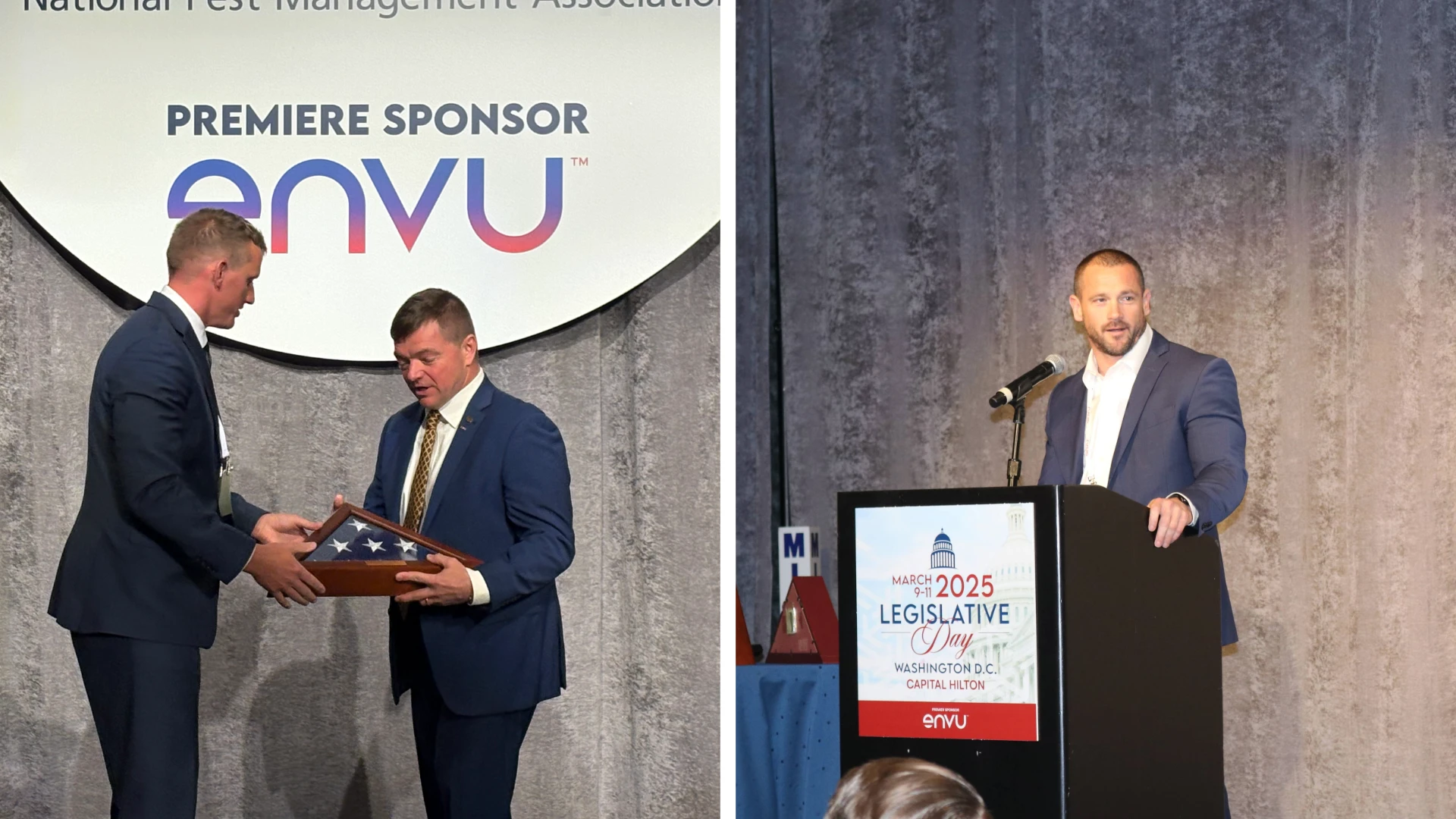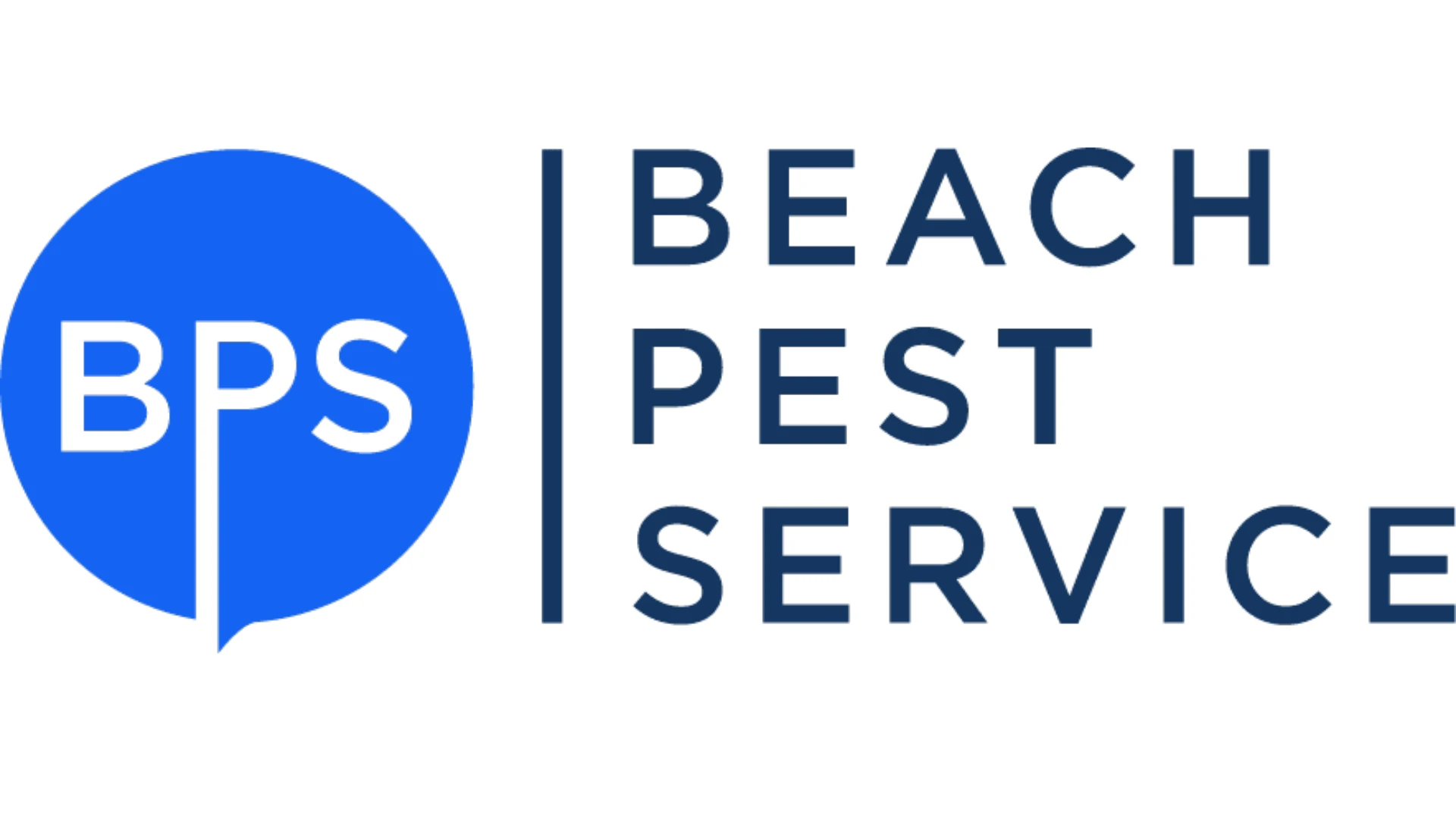The days of building a pest control business around a compressed air sprayer and some insecticides are over. With increasing regulations, a greater reliance on technical know-how, expanding customer knowledge and record levels of competition, the pest control industry is much more complicated and demanding than it was even 10 years ago.
Because they are pulled in so many directions, it’s easy to see why many PCOs may not give much thought to marketing, according to June Van Klaveren, owner of Compelling Communications, a St. Louis, Mo.-based marketing consulting firm specializing in the pest control industry. Van Klaveren spoke recently about how to market pest control services economically at the PCT Dialogue Business & Technology Conference, held this April in Atlanta.
Despite the temptation of PCOs to put off marketing in favor of some other aspect of the business, Van Klaveren said, the difference between a successful business and a failing one, may just be that often misunderstood and under-appreciated resource.
Jeanne Braker, vice president of Pest Away, Inc. based in Boca Raton, Fla., agrees that marketing has become more important than ever. Braker says increasing consumer intelligence, coupled with increased competition, has made communicating with customers more of a focus for her company. "Our customers are smarter, so we have to be smarter," Braker said.
Furthermore, Van Klaveren said, the public has become increasingly more aware of and concerned about pesticides used in and around their homes. This heightened level of consumer awareness is cause for increased communication between PCOs and consumers, whatever form it may take. The new business climate has forced many PCOs to become astute marketers and this trend has stepped up the competition, Van Klaveren said. The bottom line: PCOs must begin to pay close attention to marketing in all its forms, or be prepared to suffer the consequences. But don’t fear: though many PCOs steer away from marketing campaigns because of their expense in time and dollars, many inexpensive marketing options are available.
MARKETING BASICS. Part of successful marketing involves looking at the process in new ways. Marketing isn’t just flashy billboards and television spots. It can be as basic as customer service. Van Klaveren says marketing occurs any time the PCO or any member of his or her company comes in contact with a customer. This includes customer service. "You may not think of customer service as part of your marketing, but believe me it is," Van Klaveren said. In fact, she added, customer service is one of the most important parts of a company’s overall marketing strategy. "You can do the best marketing in the world, you can have customers coming to your door faster than they’ve ever come before," Van Klaveren said, "but they’ll only come one time if you don’t deliver." Furthermore, companies that place the highest priority on customer service will be the most successful in the long term, Van Klaveren said.
In addition to making a concerted effort to improve customer service skills, changing the focus of your marketing campaigns can drastically affect its success. In general, there are two basic marketing philosophies used by PCOs, Van Klaveren said; the shotgun approach and the targeted approach. The shotgun approach involves communicating a general message. "It goes all over; it’s not targeted to any one particular group, it doesn’t hit very hard, it doesn’t stick, and it’s probably not remembered," Van Klaveren said. Alternatively, the targeted approach is a better fit for service-related companies.
The key to having a marketing plan that is targeted like a laser beam is developing a unique selling proposition (USP). A USP, sometimes called a niche, is the attribute that makes your company unique and different from all of your competitors, no matter what it is, Van Klaveren said. Once you find your niche you’ll know the kinds of consumers and accounts you can best serve, and you can tailor your marketing efforts around that group of consumers. For instance, Van Klaveren said, if you serve commercial accounts, single out 10 or 12 main companies you want to go after and customize your marketing around them.
An easy way to find out if your company has developed a USP, Van Klaveren said, is to take a piece of your current promotional literature and substitute your competitors’ names for yours. If you put in each of your competitors’ names and the brochure still makes sense, then it’s time to go back to the drawing board and find out what is unique about your business. "It’s the first thing to do, before even thinking about doing any new marketing," Van Klaveren said. Finding a USP is crucial because marketing services tends to be more difficult than marketing products, as you are offering something that is intangible. Therefore, customizing your marketing efforts and your USP and around each particular account can help make your services more identifiable to the consumer.
We’ve all heard about the impact that attitudes can have on success. Just ask any motivational speaker and you’ll likely get an hour-long dissertation on the power of a great attitude. But in marketing, Van Klaveren said, the attitude with which you approach the campaign can truly have an impact on its outcome.
First, PCOs should view marketing as a long-term investment and as a resource, rather than an expense and a bothersome necessity. "Advertising is often cut in budgets because it is difficult to quantify, but PCOs should measure marketing by the results they receive, not by the cost," Van Klaveren said.
Secondly, PCOs should be enthused about the services they are providing, and should have marketing materials and approaches that reflect that enthusiasm. "People love to buy from people who love to sell," Van Klaveren said. It is also necessary to be excited about the services you offer, so as to excite someone else. Consumers want to work with someone who is really excited about what they do, Van Klaveren said.
A FREE SALES FORCE. One of the greatest "free" marketing tools is word-of-mouth communication, but getting customers and other contacts to spread the word about your company requires a proactive approach. First, PCOs should work to turn their customers into company advocates. It’s one thing to satisfy your customers, Van Klaveren said, but when you get them excited about your company, you turn them into a free sales force. Taking the initiative to ask your customers to refer people to your company or asking them to make testimonials on your behalf can go a long way toward creating powerful word-of-mouth marketing. Van Klaveren said PCOs should encourage referrals by giving customers incentives for referring new customers. For example, Braker said Pest Away provides service discounts to customers who refer new prospects to them. Pest Away then follows up by sending each prospect a marketing package developed specifically for new customers.
Creating referral partnerships with other companies can also help your marketing efforts. For instance, you could arrange to refer your customers to a particular plumber for water leaks and related problems. In return, the plumbing company could refer their customers to you, whenever they notice a pest control problem. Organized business referral groups can also be an excellent source of new customers. Braker said she belongs to a "leads" group that consists of 30 professionals from various businesses in the community. They all refer customers to one another when they hear of someone in need of a particular service. "If someone comes up to a lawyer in our group and says they are having pest problems," Braker said, "he can tell them he knows of a good pest control company."
Taking advantage of these types of contacts and relationships — referred from your customers, local business leaders and even your own employees — can create strong word-of-mouth advertising within your community, Van Klaveren said.
Becoming involved in the community and media within your business area can also further the interest of your company with little monetary expense. For instance, Van Klaveren said, write letters to the editor in your local paper, offer to be a guest bug expert on a local talk radio program, or speak at various events within your community. Some PCOs offer to speak on insects at schools, and hand out T-shirts imprinted with their name and logo. If the kids appreciate your time and presentation, the teachers and parents will as well. And the next time they hear of someone in need of pest control services, your company will likely be mentioned.
These types of efforts can also generate free marketing materials and get your company’s name into the spotlight. For instance, if you send a press release to a local newspaper or media outlet, and an article is printed about your company, make copies of the article and distribute it with your sales literature. You can even frame it and hang it up in your office, Van Klaveren said. This type of free publicity is a great marketing tool and can be carried out for next to nothing.
8 Great Marketing Tips |
|
TRADITIONAL ADVERTISING. An important part of conducting marketing efforts on a shoestring budget also involves using the more traditional marketing tools more efficiently. Chances are that despite all the "free" marketing opportunities available, you will also use more traditional marketing tools, such as the Yellow Pages, direct mail and newspaper advertising. And you should, as all of these can be effective, Van Klaveren said, if they are used properly and efficiently. For instance, Van Klaveren said, a direct mail campaign, traditionally thought to be expensive, can end up being a good investment if your mailing lists are targeted well and restricted to only those customers or prospects that you know may need your services. Simplifying direct mail efforts can also cut costs. For example, Van Klaveren said, instead of sending an expensive markteing package through the mail, simply send customers a post card. Either way, make sure your mailing lists are accurate, as sending out direct mail pieces using the shotgun approach lowers effectiveness, and makes these types of marketing tools a waste of time and money.
Yellow Pages ads can be ineffective as well, Van Klaveren said, if not targeted. Six out of 10 people who use the Yellow Pages have no preference of what company they choose, Van Klaveren said. Yet many PCOs put their names in big, bold letters at the top of their ad. If 60% of the people reading the Yellow Pages don’t have a preference for any particular company, then why not put your company’s unique selling point or niche at the top of the advertisement, Van Klaveren points out.
Sidebar: 6 Golden Rules of Marketing
- Know the value of the customer and give each custoemr a
numerical value. For example, it can cost as much as six
times more money to get a new customer than to keep the
old one.
- Keep a customer database that includes
actual customers and potential customers. The database
may include just names and addresses or more personal
information that you can use to customize your marketing
effort to them.
- Know the benefits of your service. Take a
good look at what it is you do and what value it adds to
the customer.
- Know your market and your USP within it.
- Every marketing effort should include an
offer. This doesn't only mean an offer of money or a
discount, but also means information, such as making
yourself a resource of insect information for your
customers and community.
- Follow up after every marketing effort.
Whether you have a marketing budget that would make Walt Disney drool, or one that would barely get you into Walt Disney World for the afternoon, taking advantage of low cost marketing tools can bring in good returns for your company. Targeting your efforts and utilizing the relationships you have built with customers, employees and community leaders will go a long way toward growing your business.
The author is assistant editor of PCT. June Van Klaveren is owner of Compelling Communications, which offers marketing services for the pest control industry. She can be contacted at 800/779-0067. A tape of her PCT Dialogue presentation is available for purchase from RoSu Productions Inc. at 614/436-8791.

Explore the August 1997 Issue
Check out more from this issue and find your next story to read.
Latest from Pest Control Technology
- Understanding Rodents and Bird Flu
- Green Pest Solutions Awards Safest Driver New 2025 Ford F150
- UF/IFAS Sheds Light on Tiny Invaders During Termite Awareness Week
- Registration Open for Lawn & Landscape Technology Conference
- Fleetio Launches Automotive Service Excellence Scholarship
- WorkWave Appoints John Phelan as CTO
- PMPs Use Capitol Hill Visits to Push for Preemption
- 20 Trapping Tips





